For us, having fun outdoors is also all about safety. Nothing is more critical than getting home to our friends and family when the trail comes to an end. We’ve invested time and money to make sure we take all the precautions necessary to reduce our chance of accident and ensure a safe trip from start to finish. Unfortunately, however, we regularly see unsafe practices and people risking their own lives and the lives of others around them.
Table of contents
Education
Preparation
Communication
Decision making
Winter in the Rockies Articles
Education

Winter trips imply more risks than traveling in summer. Extreme weather, shorter days, avalanche risks and fewer people all add up to a greater chance of getting into trouble. The best way to be safe is to educate yourself and those you travel with. We see two major avenues of education that are critical:
- Avalanche training: If you are going to be in the mountains in winter take an avalanche course. We regularly see snowshoeers and hikers out for the day crossing risky avalanche terrain without any training or safety gear. In Canada there are the AST 1 or AST 2 courses. In the USA there are the AIARE courses. This training will never take the place of a certified mountain guide, but will give you the basics to help you make better, more informed decisions.
-
First Aid: Winter conditions mean it can be more difficult to get first aid if there is an accident. Basic first aid knowledge helps increase the chances of successful recovery if there is an accident. We recommend programs focused on outdoor adventures that are 40 hours or more.
Preparation
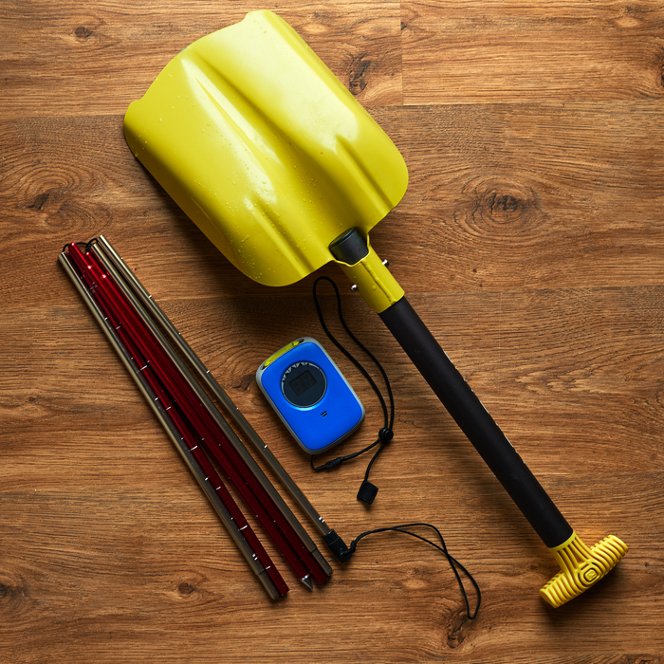
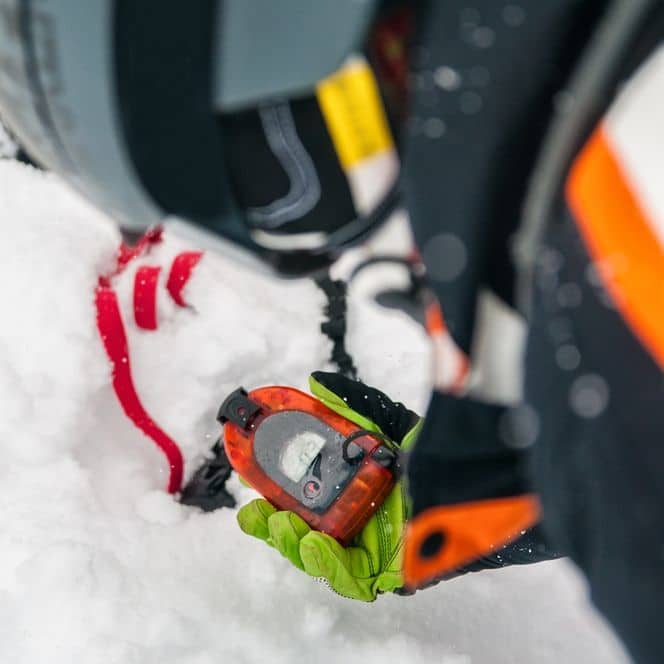
Before heading out on a trip preparation is key. This doesn’t just mean making sure your gear is working – it’s making sure you have the relevant weather forecast, the avalanche report and you have checked all trail reports. This information will let you know if it’s safe to head out and what type of gear you need.
Another big aspect of preparation is having the right gear. Do you have the right clothing? Do you need an avalanche beacon? if an emergency happens do you have first aid gear in your group? These are important questions, especially in winter.
Communication
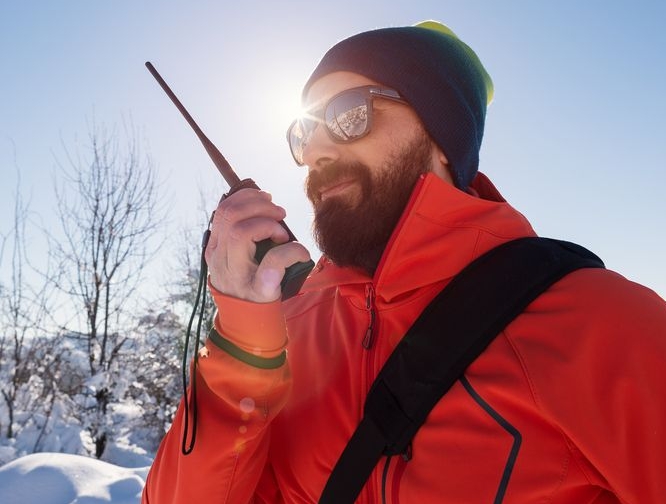
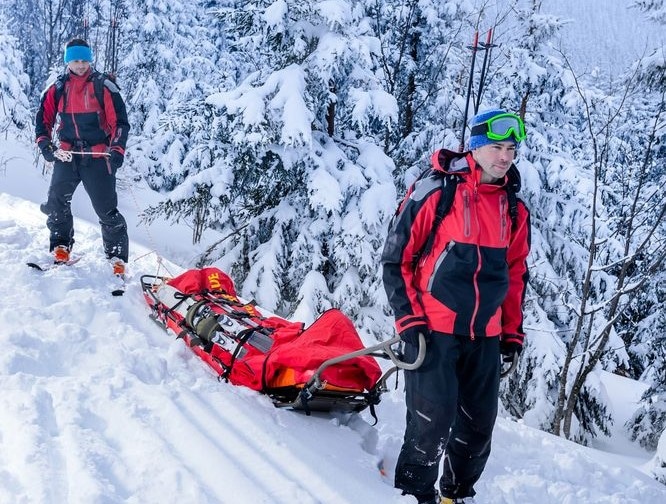
While you may be prepared, it’s critical to communicate within your group and outside your group as well.
Before you start your trip, does somebody not joining know who is going, where you are going and when you will be back? Is this person responsible enough to alert rescue personnel if you aren’t back on time?
Within the group, is everybody prepared? Are they knowledgeable about the risks and dangers of the trip? Are they comfortable speaking up if the risks increase?
Finally – how will you communicate while on your trip? Many people carry cell phones, but these are often useless once in the mountains with no cell phone signal. A good option is satellite communications device. We like the DeLorme in Reach as it can send email and text messages for a small fee, as well as allows others to monitor your GPS progress.
Decision making
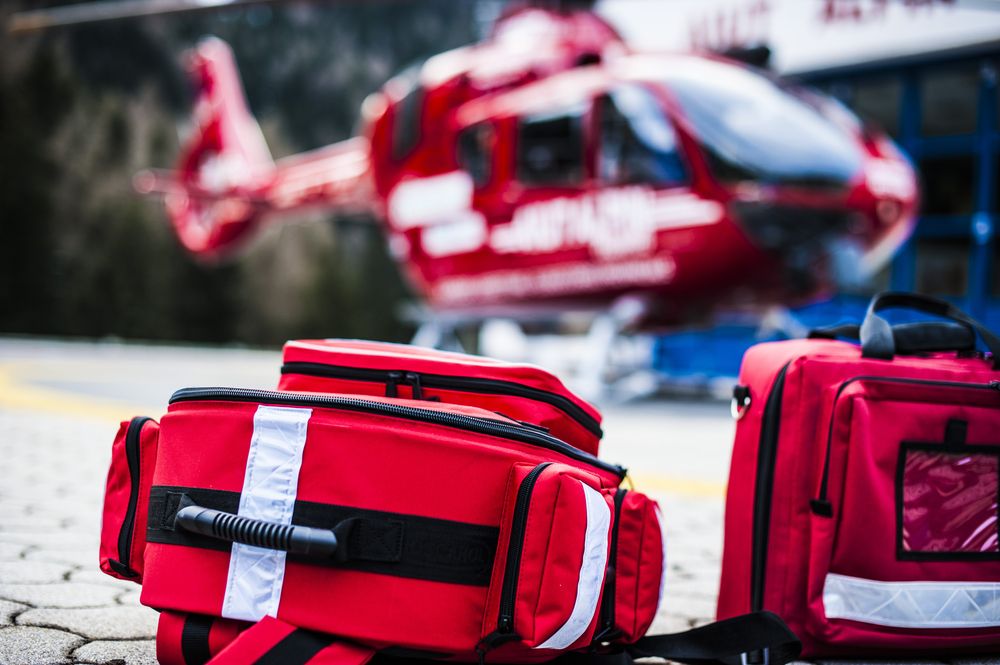
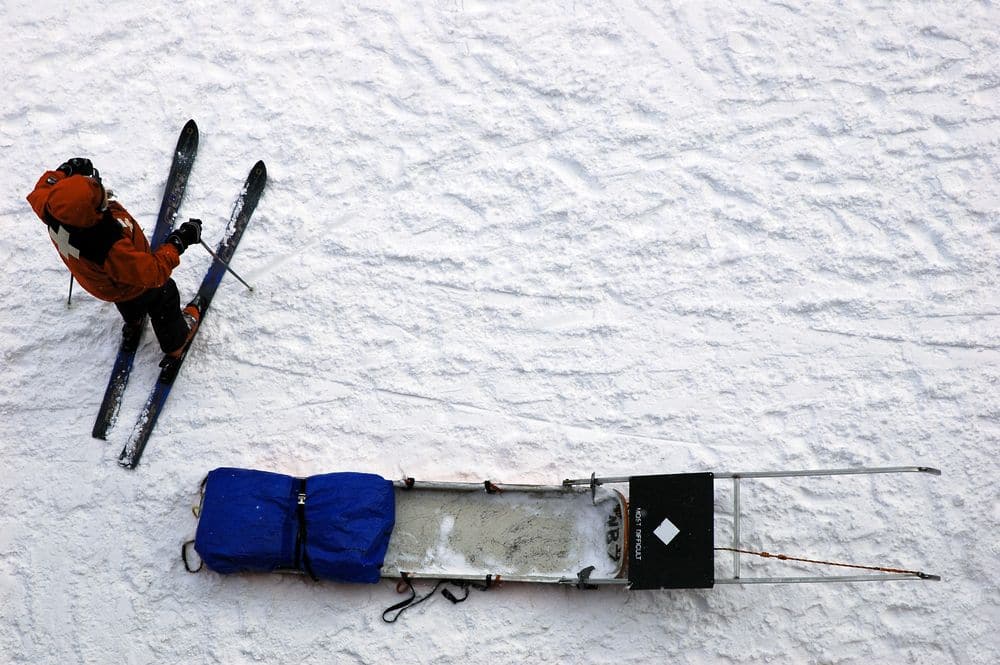
The final aspect of safety is to make good decisions. Simply deciding not to venture out on trips alone, not to tackle routes in extreme weather and travelling with reliable and safe friends all greatly help in staying safe.
Ultimately, safety is each participant’s responsibility. Make sure you prioritize your safety while doing trips this winter by educating yourself, preparing for your trip, focusing on strong communication during the trip and making safe decisions.
Winter in the Rockies Articles
Check out our series of articles planning an incredible Tour du Mont Blanc!
- Backcountry Ski Lodges of Western Canada
- Best winter hikes in Alberta
- Guide to planning a ski trip in the Canadian Rockies
- Save Money on your Jasper holiday this winter
- Tips to stay safe in Winter
- Things to do in Winter in Banff
- Things to do in Winter in Calgary
- Winter Weekend in Alberta
- Winter Weekend in Assiniboine Park
- Winter Weekend in Banff National Park
- Winter Weekend at Elk Lakes Cabin
- Winter Weekend in Jasper
- Winter Weekend in Lake Louise
- Winter Weekend at Lake O’Hara
- Winter Weekend at Skoki Lodge





Comments